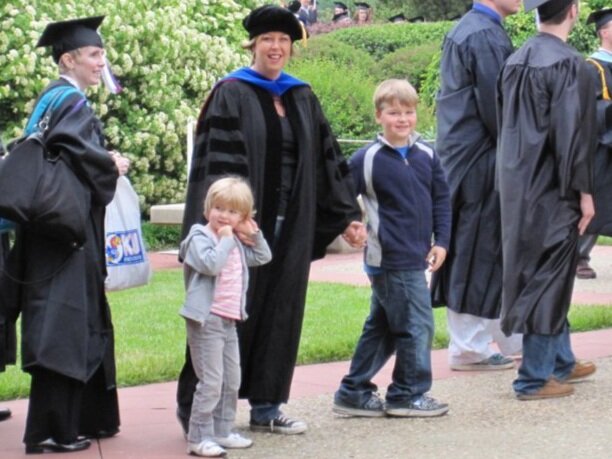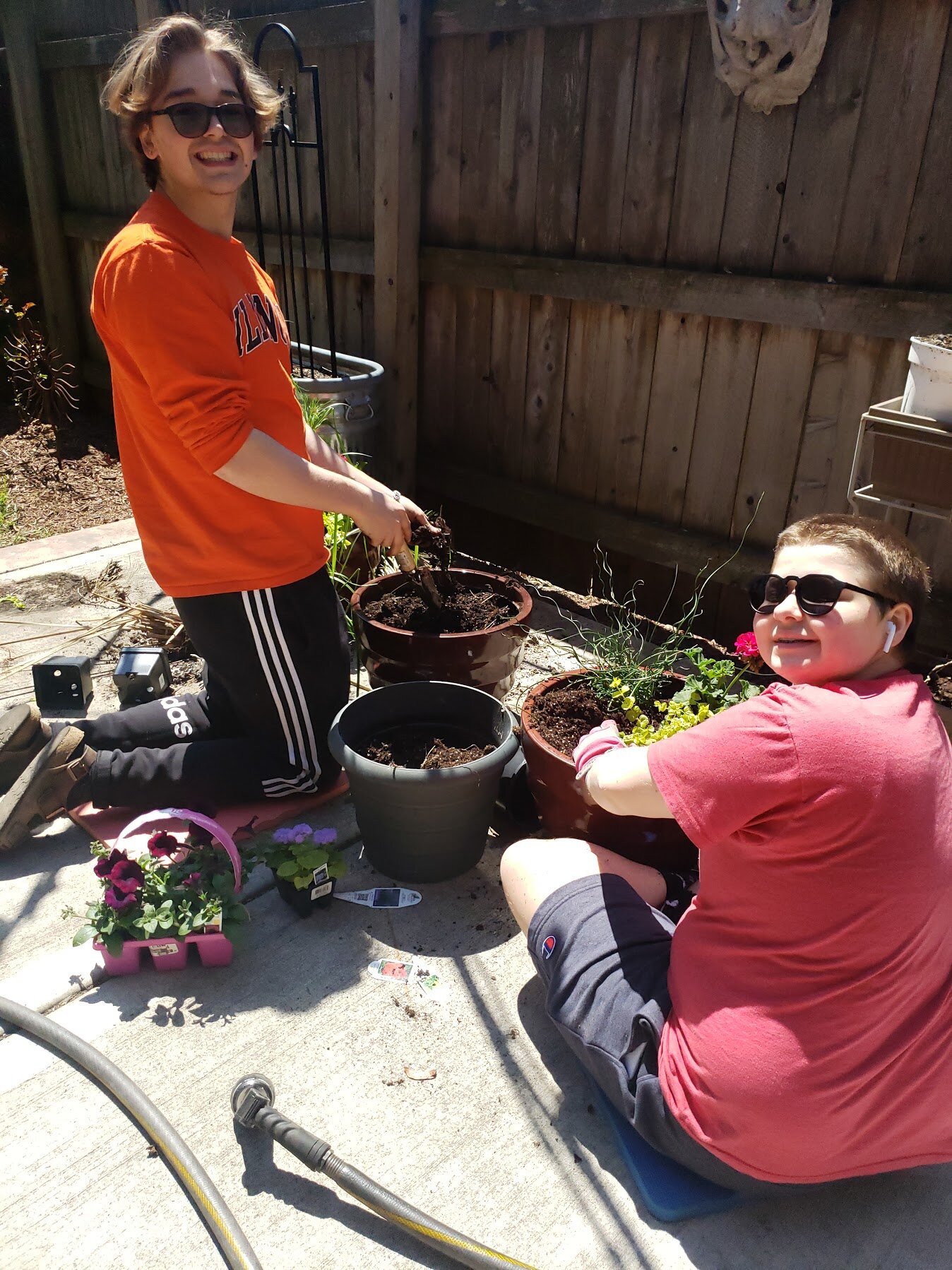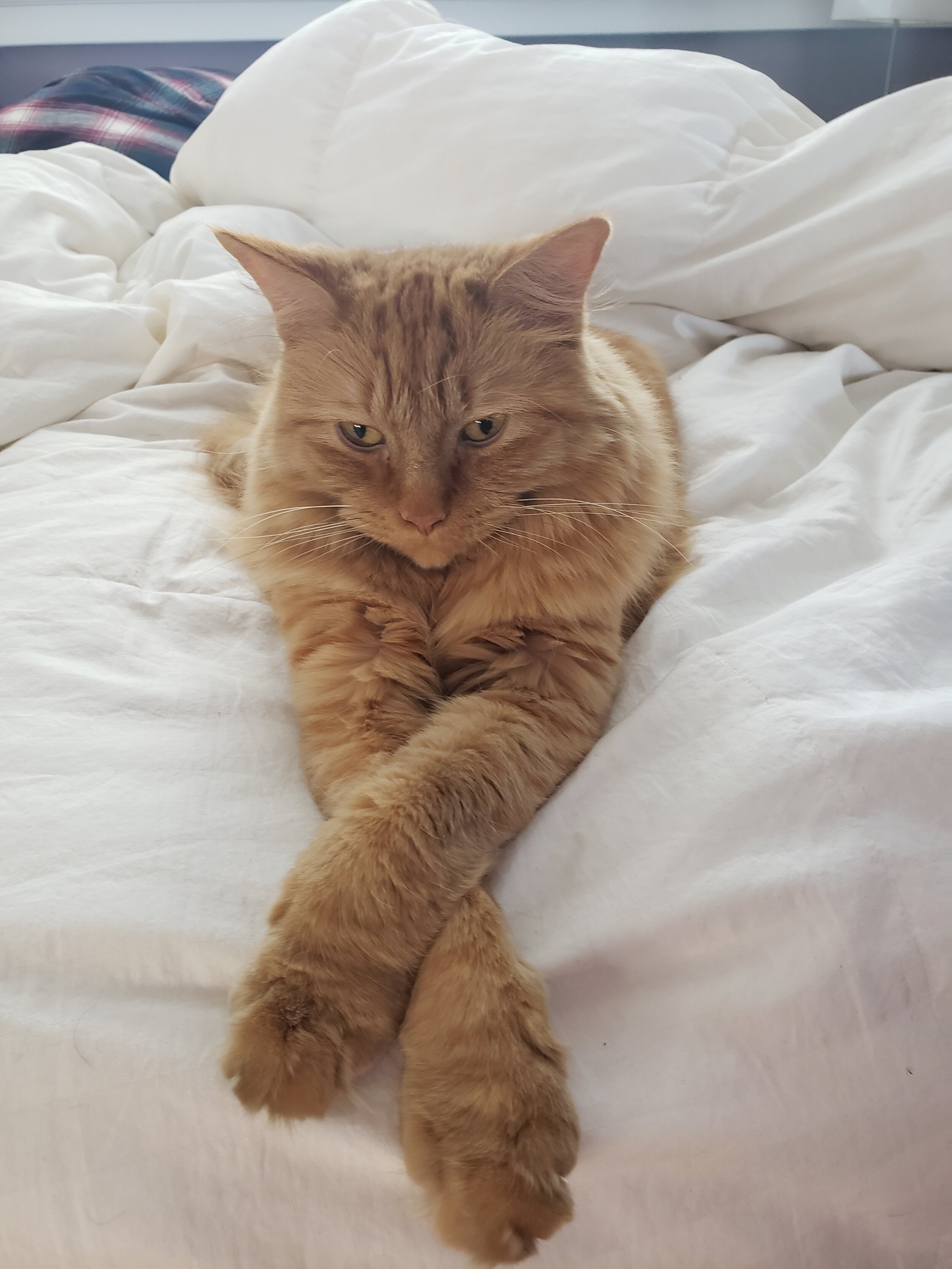Caminante, no hay camino,
Se hace camino al andar.
Traveller, there is no path. The path is made by traveling.
These lines from the poem by Spanish poet Antonio Machado, “Caminante,” capture an essential truth of my life: faith formation, borne of experience and the joyful embrace of wonder, is a life-long process.
I was born in St. Louis, Missouri and raised in a family of travelers. My parents married while living in the coastal jungle of Costa Rica. Eventually, they returned to the city of their parents, St. Louis, though travel and living abroad continued to be a part of my childhood. We lived off and on in southern Mexico as part of an international, intentional community where I was later homeschooled by my mom for a short time. In terms of cultural identity, I am European American, but my earliest years were in a multicultural, multilingual, and multi-family household.
My theology of cultivation comes from these ties to community and communal support. Aside from the importance of Beloved Community, I also developed from my mother a great sense of wonder and connection to the natural world. She was an avid gardener, and found spiritual fulfillment from plants and wild animals. My father, on the other hand, is a painter and artist but worked as a mechanic and appraiser, and I take from him my love of aesthetic beauty, visual harmony, and functionality. I am a cultivator in other ways, not just gardening; I am a connector, a supporter, and I foster the ideas of others who work to make our world better.
In addition to these early influences, I found my own path to the Sacred through poetry and the Spanish language. The multilingual nature of my youth ultimately set the stage for my decision to pursue an M.A. and a Ph.D. at the University of Kansas in Latin American literature. When I started working as an adjunct instructor (later, Visiting Assistant Professor) at Marquette University, I helped develop a program that fostered space for intercultural exchange and language learning between university students in the United States and abroad. While the objectives of developing intercultural competence and language proficiency were primary, the broader goal was self-reflection and community-building across difference.
This was reinforced as a student and then staff member of the MidWest Leadership School. The faculty with whom I worked were the first models of ministry that I could relate to on a personal level. My fellow lay volunteer staff helped me affirm my call to seminary, a deep call I had felt for some years at that point. The provocative conversations about anti-oppression work and our individual spiritual formation fueled by excitement, frustration, and laughter were formative and continue to serve as a model of ministry for me.
My kind, funny, and compassionate teens are the reason for the grey hairs and the cause of my laugh lines. Praise both! Both of them have been raised as Unitarian Universalists, and I am constantly proud and amazed at the awesome humans they are growing up to be.

PhD Graduation, Juno age 4 and Maxwell age 7

Maxwell on move-in day at the University of Wisconsin

Growing together

My family's Christmas card to me since we were apart in December 2022

Juno and Tormund
Making Memories
Our favorite family tradition is creating a different family costume for each Halloween, a tradition stretching back over 15 years, starting when my husband, Eric, and I dressed up our wee kiddos as characters from Ghostbusters (and we decided to make our own costumes match). Every year we come up with our costumes and elaborately decorate our house. Our friends and their families love to join in with costumes to match the theme, and we always wind up outside by the bonfire for a spooky end to the celebrations!

Attack of the Aliens!

Classic Movie Halloween

Scary North Pole

Steampunk
Our family album wouldn’t be complete without our four-legged members!

Arvie Banjo Blue

Franklin Falcon

Tormund Diablo

Rosco Danger Baggins

Jack Jack Attack







